When buying a new vehicle, you might notice that the powertrain is covered under a separate warranty for some models. The powertrain is a series of parts that make your car go, involving a complicated system that includes parts you might not be aware of.
If you are wondering if your axles are part of the powertrain, we can help you. We researched powertrains from multiple professional sources, so you'll know what is included and covered.
Axles are only one part of a vehicle's powertrain. In most cases, nearly every part that makes a vehicle go will be included in a powertrain warranty. This includes the axles. Read the fine print of your warranty for additional information.
Now that we know that axles are generally a covered part of a powertrain warranty, we'll look at what makes this system. You might also be wondering how much it costs to replace an axle or how long an axle will last. For the answers to these questions and more, read ahead in this post to see what our research has uncovered.
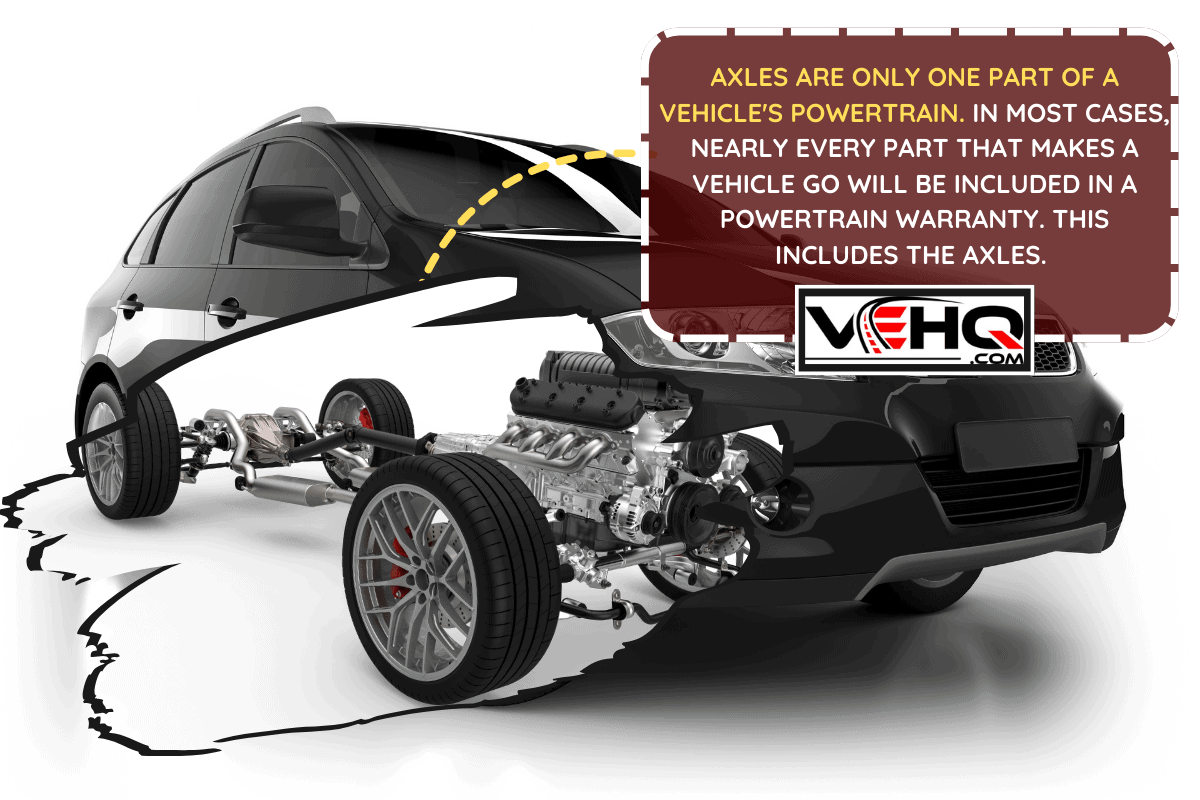
The parts of your vehicle's powertrain and what they do
The drive train of any vehicle consists of many parts working together to propel your vehicle forward. There isn't one part of this complex system that isn't expensive. Thankfully, powertrain warranties are available to cover defects.
These warranties will last for varying periods, depending on the model vehicle you are purchasing. The average range of a powertrain warranty lasts from 50,000 to 100,000 miles or five to 10 years from manufacture.
These are typically transferable if the vehicle is sold, ensuring the new owner has at least some coverage on pricey replacement parts if needed.
Here, we'll take a good look at the major components of the powertrain and explain what each one is responsible for.
The engine
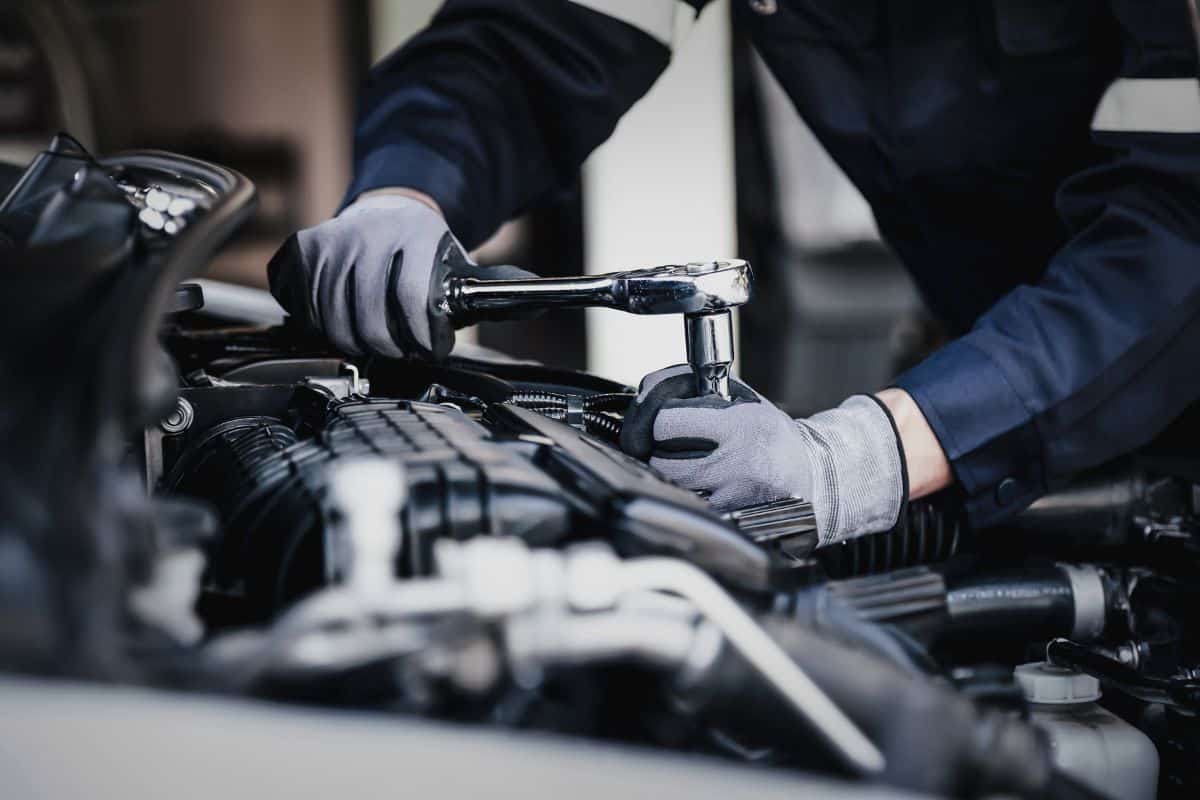
That big metal block under the hood of your vehicle is the engine. This is the machine that powers your car, running off a fuel/air mixture that combusts and puts its moving parts into motion.
The overall purpose of any engine is to generate motion. This motion is used to power the other parts of the drivetrain so that your vehicle can go.
The transmission
A transmission's job is to regulate the amount of power produced by the engine. This power is transferred to the driveshaft, which needs a precise amount of energy to effectively work at different speeds.
The power is regulated by different gears. Whether these gears are shifted by the driver [manual transmission] or by the transmission itself [automatic transmission], it ensures that the vehicle operates smoothly at any speed.
The driveshaft
The spinning tube underneath your vehicle has an important purpose. Known as the driveshaft, it delivers the power generated by the engine to the rear of the car. Torque from the transmission is delivered to the wheels via the differential at the rear, allowing them to go into motion.
The differential
This part of the powertrain works to regulate the different amounts of torque to the wheels on the same axle. By allowing one wheel to get more torque, your vehicle can precisely navigate turns and curves.
The axles
The wheels of your vehicle are connected to axles. The axles will help transfer power from the entire drivetrain to the wheels, letting them go into motion.
Axles need to be made strong. The entire weight of the vehicle and its passenger and cargo load is carried on just two of them. This is one reason you should avoid overloading any vehicle with too much weight.
How much does it cost to replace an axle?
An axle is usually the least expensive part of the powertrain to replace. Even so, replacement costs for an axle that is out of warranty aren't going to be necessarily cheap.
If your axles need to be replaced and you think your vehicle otherwise has a lot of life left in it, getting new ones are typically worth it.
Replacing one entire axle will cost at least $500 and go upwards of $1,000. This price includes the labor.
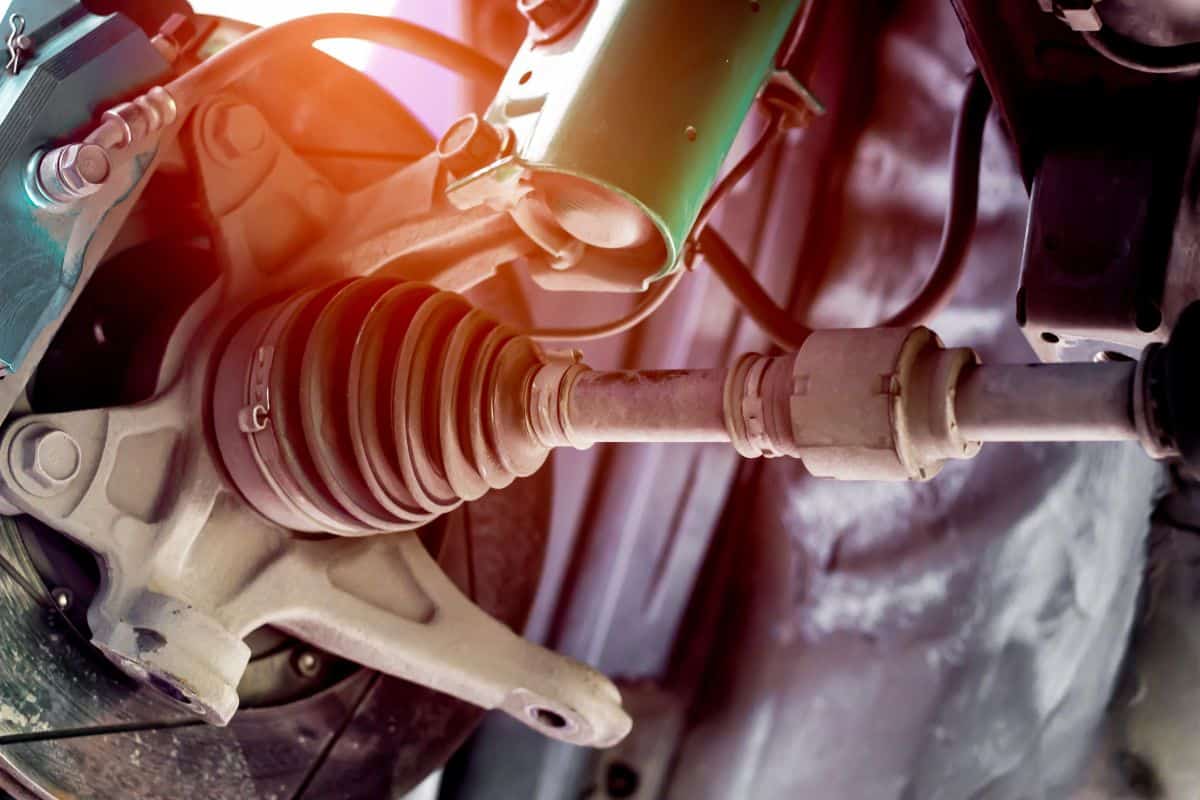
How long should an axle last?
Axles are made strong. They have to be, considering that the pair of them pair every pound of the weight of not only the vehicle but also of all the passengers and cargo you bring onboard it.
An axle needs to be made tough enough to take the downward pressure without snapping. Thankfully, their construction will make them last for quite a while.
An axle should last as long as the car is usable. This could mean hundreds of thousands of miles. The way that an axle is used and how they are built means that they will outlast a lot of the other working parts of your machine.
Of course, for an axle to last this long, it has to be treated right. Routine inspections and maintenance of these parts are outlined in your owner's manual, which should be followed in the letter. Additionally, some things can damage your axle and lessen its useful life.
A collision, driving fast over potholes or road debris, and overloading your vehicle are just some of the factors that can lead to you needing to replace this critical part of your powertrain.
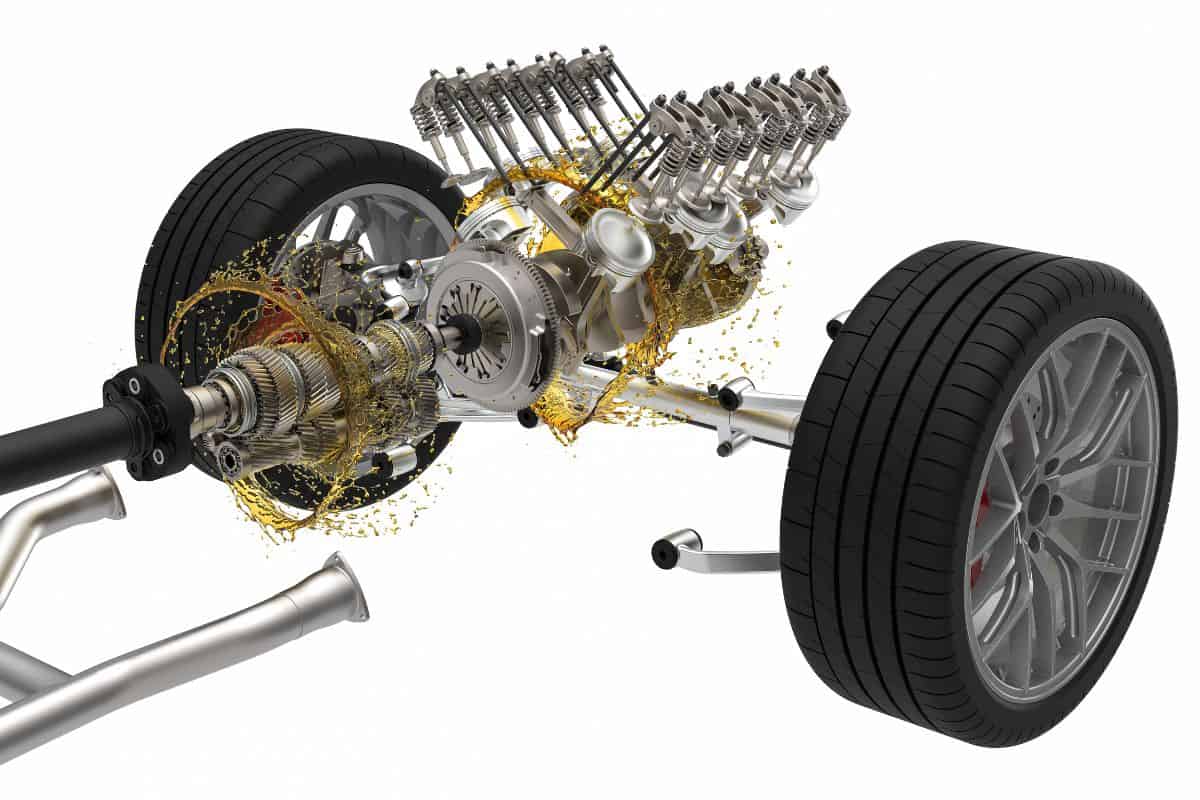
How do you know when an axle is bad?
You should inspect your vehicle at the first signs of an axle going bad. Prolonging this will only lead to the axle failing, which can lead to an accident. It can also make the axle snap or disconnect, further damaging the vehicle.
Thankfully, there are some telltale signs that your axle is beginning to malfunction. If you notice any of these, be sure to have them checked out immediately.
Your vehicle might be vibrating a lot more than usual
A car can vibrate abnormally for a variety of reasons. But if these vibrations are more noticeable when you accelerate or turn, there's a great chance that the problem is in your axle. This will be especially apparent in the steering wheel.
You might hear loud clicking sounds
When you turn or accelerate, you might hear a clicking sound. The clicking gets louder and more intense whenever you go into a sharp turn. This means that you have a loose or defective CV joint. It could also mean that the axle is worn to the point that it needs to be replaced.
There are grease deposits under your vehicle
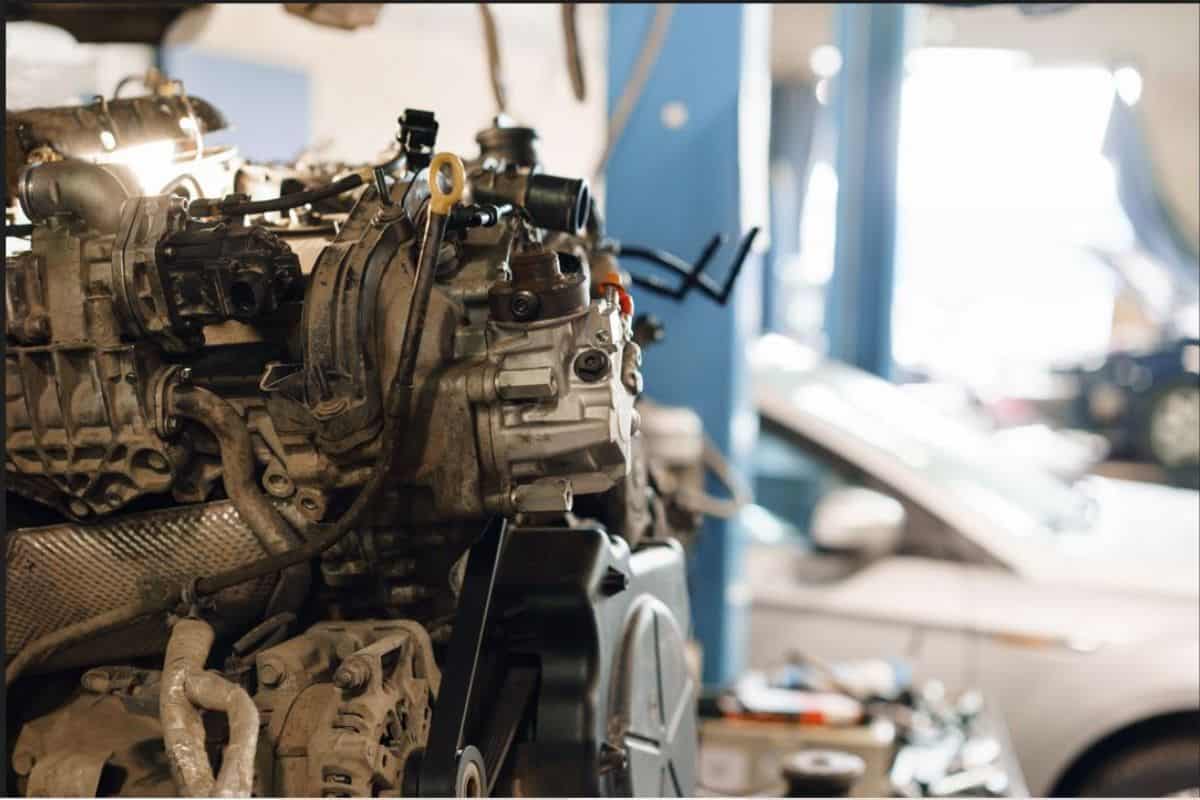
Grease under your parked vehicle or on your tires indicates that there is a leak from your axles. The grease is a lubricant for your axle, and its deposits mean that you have a problem that needs to be remedied.
The CV boot is the likely culprit here. This rubber part covers the CV joint, containing the vital lubricant for the axle. If the CV boot is damaged, the grease will leak out.
Thankfully, this probably means that your axle isn't damaged. Yet. Catching this in time will typically mean that you need to have the CV boot replaced, hopefully before any real damage is done to the axle.
A loud humming sound is heard when you are driving
Axles, like any moving part, need to be lubricated. Without lubrication, the axle's gears and/or bearings have been grinding against each other. This will harm these parts greatly, possibly making it necessary to replace the entire axle.
A loud humming sound might be heard when the parts are not lubricated. Just because you're hearing it doesn't mean it's too late to remedy it. Get your axles checked out ASAP!
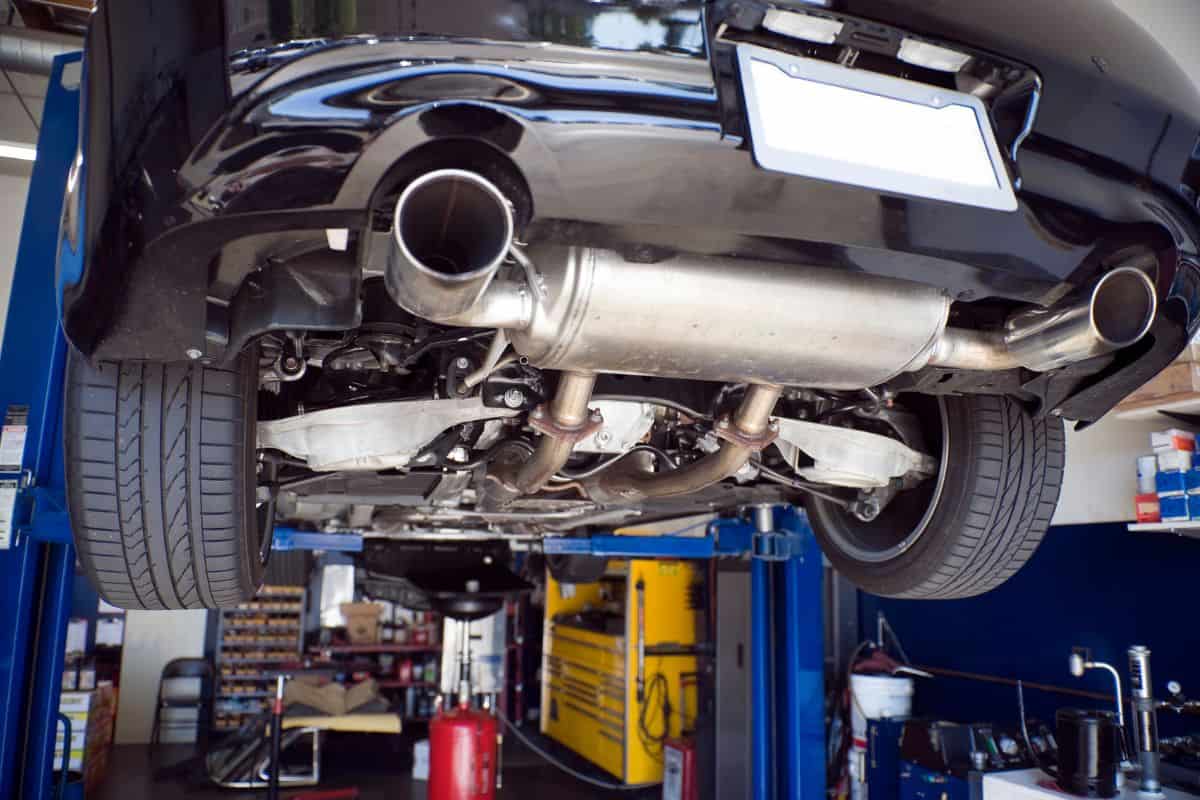
Final thoughts
A powertrain comprises many moving parts, each of which contributes to putting and keeping your vehicle in motion. The axles are typically covered as part of your powertrain warranty, but you should always read that document's fine print to ensure.
Proper care and maintenance of your axles will almost always lead them to last for the lifetime of your vehicle. Drive safe!
We hope this post answers all of your questions. For additional information, we recommend reading the following posts:
Can Transmission Fluid Get Low Without A Leak? [6 Points To Check]
Car Sounds Like It's Dragging Something – What Could Be Wrong?
Car Horn Not Working After Battery Change – What Could Be Wrong?
